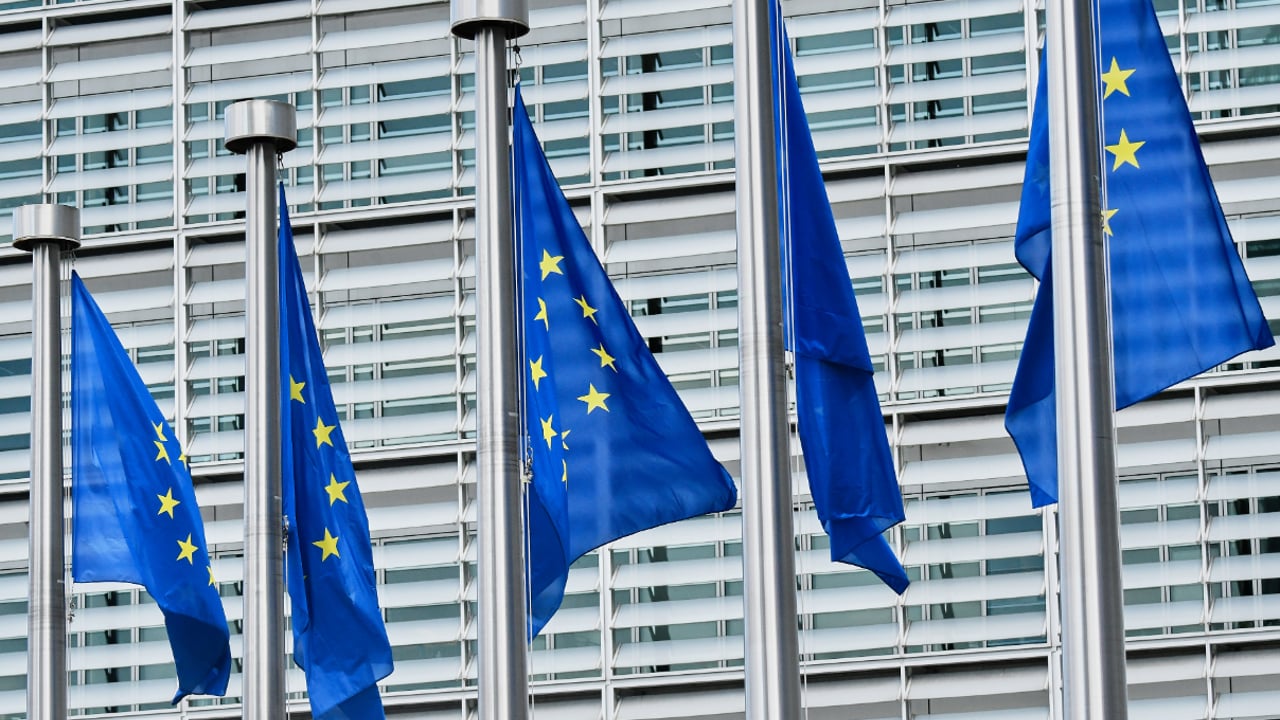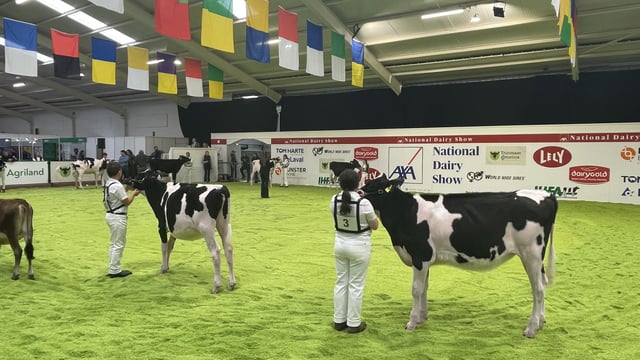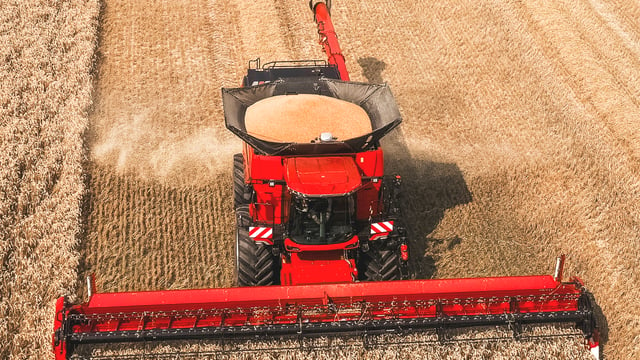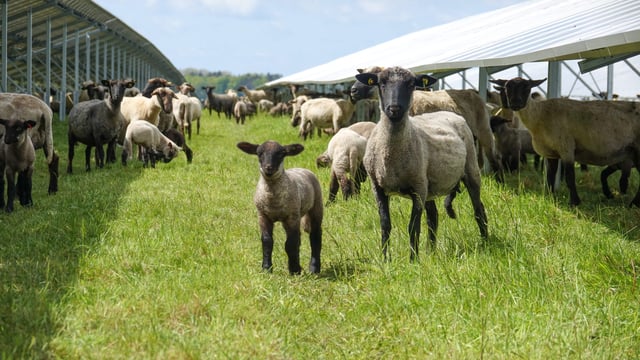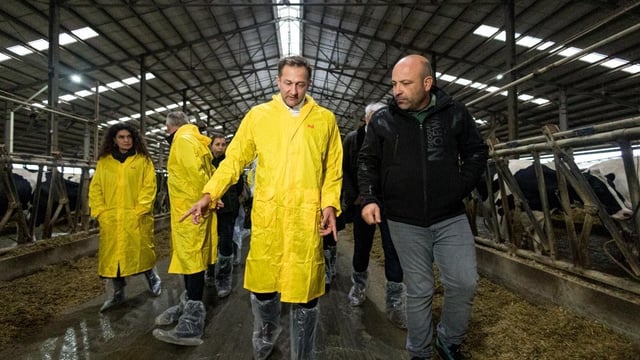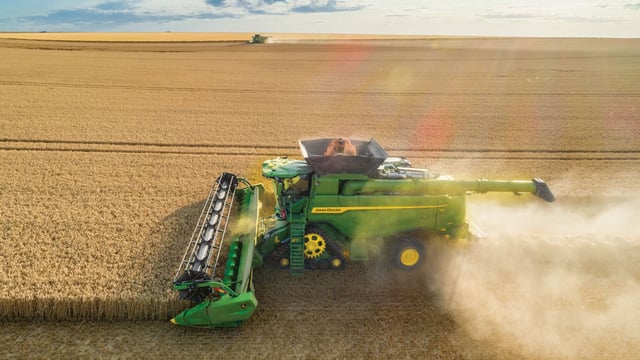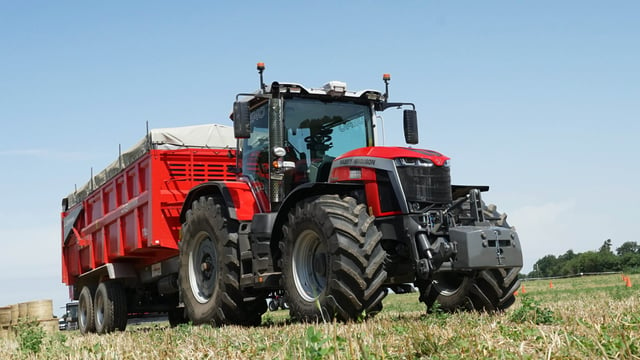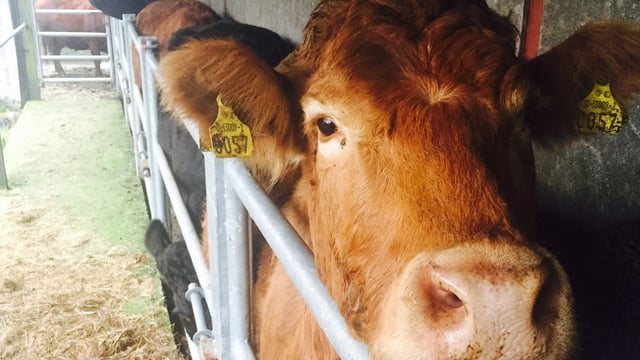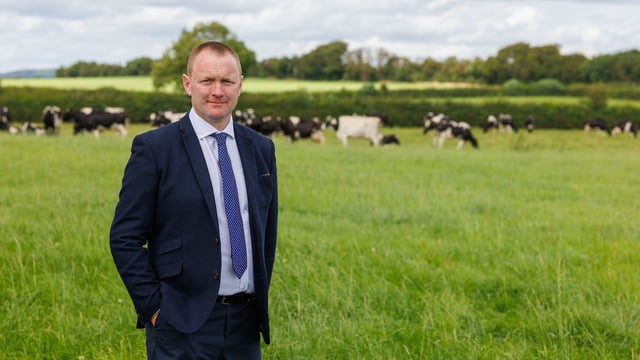Dairygold shareholders group write to MEPs on EU contract vote
The 'Concerned Dairygold Shareholders Group' wrote to Irish MEPs this week calling on them to back a vote that took place in the European Parliament.
The parliament voted on a regulation to protect farmers' position in the food supply chain, which included a provision on supply contracts for farmers.
The group called on the Irish MEPs to "support us and the family farms" by voting in favour of the regulation.
One member of the group told Agriland that the regulation, and its provision on contracts, would give more power to the farmer.
The regulation saw strong consensus in its favour in the parliament, with MEPs voting for it by 532 votes to 78, with 25 abstentions.
The text on the regulation adopted by the parliament includes an amendment that says that, due to the vulnerable negotiating position of farmers and volatility in costs and prices, contracts with duration over six months, or 12 months for sectors that trade in futures sectors, should include a revision clause.
According to the wording of the parliament text, this clause may be triggered by the farmers and their organisations. Such a clause should permit farmers to request a revision of the elements of the contract, and permit them to end the contract in case no agreement on a revision is reached.
The text says that it should be possible for those contracts to be revised in light of unforeseen circumstances, such as extreme weather events, animal disease outbreaks, geopolitical tensions, or any other reason that prevents the agreed price from covering the farmers' costs.
Dairy farmer reaction
The vote in the parliament was welcomed by the European Milk Board (EMB), the umbrella group of dairy farmer organisations in the EU, which includes the Irish Creamery Milk Suppliers' Association (ICMSA) among its members.
The EMB said that the parliament voted in favour of a "progressive report that continues to pursue the goal of strengthening producers' position in the food supply chain".
The dairy farmer group said: "This is an important and encouraging signal for Europe's farmers. It is good to see that the parliament has not allowed itself to be swayed by the intense lobbying efforts of the industry and remains committed to the goal of fairer market organisation.
It welcomed the inclusion of the revision clause for contracts; however, the EMB was critical of an exemption for co-operatives from another provision in the regulation that would have made contracts obligatory for buyers of farm outputs.
Copa Cogeca, which represents EU farmer organisations and agricultural co-operatives together, welcomed the exemptions for co-operatives from the requirement for obligatory contracts, while also welcoming the result of the vote broadly.
Meat definitions
The regulations voted on this week also provided for a stricter definition of meat, introducing a new definition of meat as 'edible parts of animals' and specifying that names such as steak, escalope, sausage or burger must be reserved exclusively for products containing meat and must exclude cell-cultured products.
Reacting to this provision in the regulation, Copa Cogeca said: "Far from being anecdotal, this decision reflects the parliament's choice for consistency, clear labelling and common sense".
Other key provisions in the regulation include a condition that food and feed may only be imported if their residue levels of pesticides are below the maximum level allowed for those produced in the EU; and a rule that supply contracts awarded under public procurement are sourced in the EU, in particular using local and seasonal products, with priority given to products with EU geographical indications.
French MEP and tillage farmer Celine Imart, who had special responsibility in the parliament for this regulation, said after the vote: "We want to make sure that farmers have a contract with their first buyer. We need to put an end to the precarious business relations that exist right now.
"All too often they are too imbalanced. We need to guarantee fair remuneration for those who feed us, taking into account the production costs involved," Imart added.
“Farm income is not just a matter of statistics or abstract figures. It is a question of justice, dignity and sometimes even survival. Those who produce our food represent our identity. This instrument is the very least we owe them," the MEP said.
The European Parliament will now begin the process of negotiating the final text of the law with the member states in the Council of the EU.

